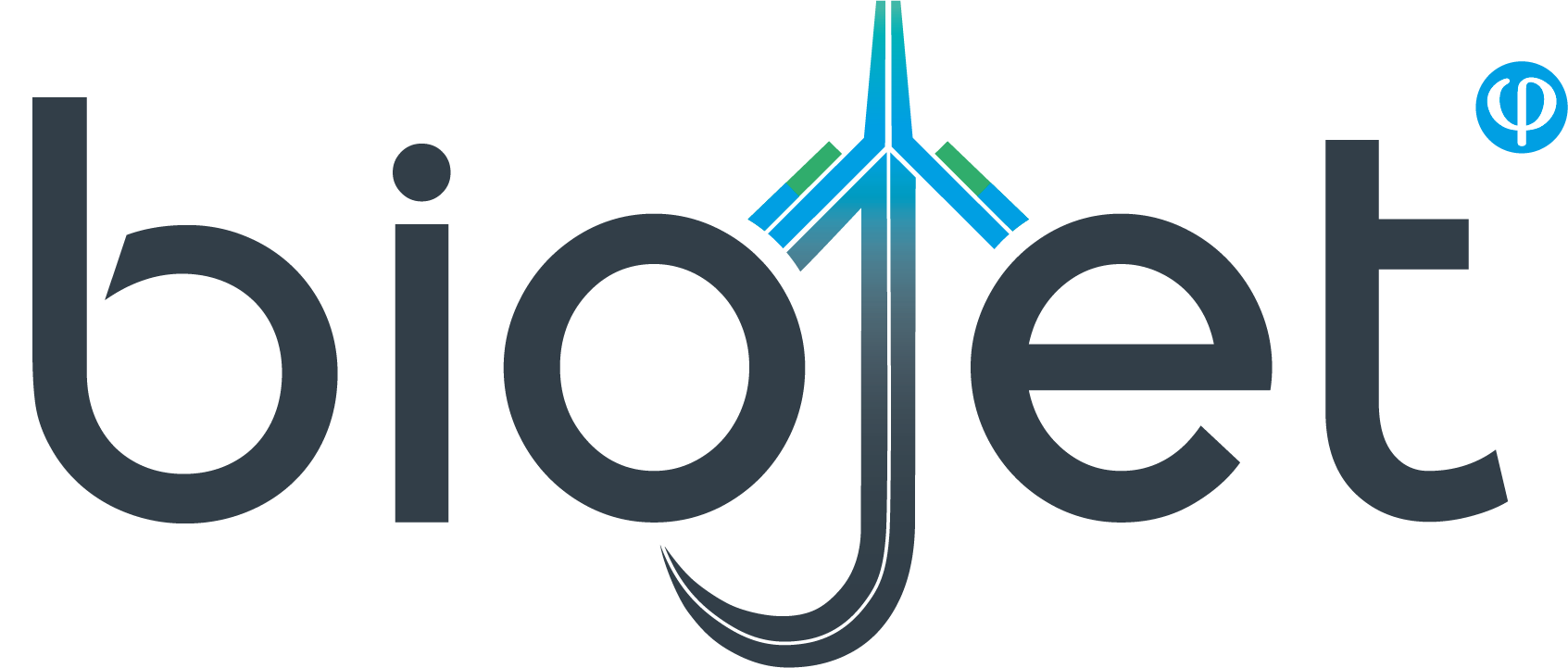Baxter International Suspends Operations in Russia
Baxter has announced the cessation of its operations in Russia. The provider of dialysis solutions cited sanction and logistical issues as reasons for its move.
American supplier of dialysis solutions Baxter International has suspended its operations in Russia. This is stated in the company’s financial report for 2023, published on the website of the U.S. Securities and Exchange Commission, as mentioned in the document.
“The increasing level of economic competition and tension in trade relations between the US, China, and Russia may adversely affect our operations, results, financial position, and cash flows. Despite the partial alleviation of the consequences of tariffs imposed by these countries (exemption from tariff payments and adoption of other mitigating measures for their companies), there remains a risk of additional customs duties and other types of restrictions,” the document states.
The report also notes the exacerbation of the economic and political situation worldwide, which is reflected in the macroeconomic stability and company indicators.
“We have almost completed the process of ceasing our operations in Russia in accordance with all relevant sanctions and laws of the US and the European Union,” the pharmaceutical manufacturer stated.
The American company continues its legal existence in Russia. In the future, it is planned to either sell or write off the assets of the Russian business. According to the financial report of Baxter’s Russian subsidiary, posted on the website of the Federal Tax Service of Russia, the company’s value amounted to 107.9 million rubles in 2023.
The US manufacturer has been supplying solutions for peritoneal dialysis, inhalation anesthesia agents, and oncological drugs since 1993. Baxter and Fresenius were the only companies supplying solutions until 2022. The former accounted for 76% of the Russian market, according to Vedomosti.”
Source: pharmvestnik.ru
Regions Request Authority to Redistribute Drugs from Federal Programs
Regional ministries of health are requesting the authority to independently make decisions on redistributing drug stocks within federal and regional programs for beneficiaries. Ineffective use of these drugs is currently leading to significant financial losses when writing off medications and imbalances in patient care.
The Minister of Health of the Arkhangelsk Region, Alexander Gershtansky, proposed a series of measures to help stabilize the situation with the provision of regional patients.
Speaking at the Second All-Russian Forum of State Pharmacy Chains “Drug Safety of Regions” on April 5, Gershtansky suggested writing a letter to the Russian Ministry of Health, as reported by Pharmvestnik correspondent.
It is necessary to allow the use of anticoagulants, which were purchased within the framework of the fight against COVID-19, so that regions can allocate them for the needs of their patients. “This will allow us to write off fewer medicinal products,” the minister said. “A similar situation is happening within the program to combat cardiovascular diseases. There is a surplus of some drugs and a shortage of others. Therefore, we also ask to use drugs intended for federal beneficiaries for regional benefits.”
In some cases, regions are forced to dispose of narcotic drugs obtained under the palliative care project. “We will appeal to the Ministry of Health to allow us to determine our needs independently,” Gershtansky noted.
This will allow regions to save regional funds, improve the quality and quantity of drugs provided to patients. “The measures we propose will help stabilize the overall complex situation,” the minister said. “Several years ago, we spent 200–300 million rubles on providing patients with diabetes, and similar amounts were allocated for oncology patients. Now, funding for each of these programs reaches 1 billion rubles.”
Approaches to drug provision in regions need to change radically, said the Minister of Health of Karelia, Mikhail Okhlopkov.
“I would highlight three reasons why our population is increasingly frustrated with drug provision,” he said at the forum. “The first is that there will never be enough money for regional preferential drug provision. Medicines are becoming more expensive, there are more groups of beneficiaries, and their life expectancy is indeed increasing. The second problem lies in the increasing use of expensive drugs by federal clinics. The third is that drug provision protocols imply drugs whose cost reaches hundreds of millions of rubles. No budget, no matter how large, can withstand this burden.”
One solution could be the centralization of preferential provision, including raising regional beneficiaries to the federal level, Okhlopkov believes. “When I started working (Okhlopkov was appointed Minister of Health of Karelia in December 2018—ed. Pharmvestnik), the republic allocated only 400 million rubles for preferential drug provision, now this amount has been increased to 1 billion 50 million rubles, but even this money is not enough,” he complained.
Regardless of the budget, regions will not have enough money, agreed the chairman of the Health Committee of the Leningrad Region, Alexander Zharkov. “Every year, new drugs are included in the order for the Essential Drugs List, which increase the projected life expectancy. Procedures for providing medical care are changing,” he explained the need for changes.
Gershtansky reminded that Government Resolution No. 890 “On State Support for the Development of the Pharmaceutical Industry and Improving the Provision of the Population and Health Care Institutions with Medicines and Medical Devices” was adopted in 1994. “Perhaps it’s time to change something,” the minister summed up.
Source: pharmvestnik.ru
President Signs Law on Increased Threshold for Criminalization of Economic Crimes
The president has signed a law that softens the possibility of prosecution for illegal entrepreneurship and fraud. Changes have also been made to articles on evasion of customs duties and taxes and abuse in securities issuance. The law comes into force on April 15.
The President signed Federal Law No. 79-FZ of April 6, 2024 amending the Criminal and Criminal Procedure Codes of Russia.
For certain economic crimes, the so-called criminalization threshold is raised, meaning the amounts of significant, large, and especially large damage are increased, upon reaching which criminal liability arises. The severity of the crime and, consequently, the severity of the punishment for its commission depend on the amount of damage.
Changes have affected the type of fraud associated with intentional non-fulfillment of contractual obligations (Part 5–7 of Article 159 of the Criminal Code of the Russian Federation). Thus, for criminal liability to occur as a result of the crime, certain damage must be caused:
- significant damage ranging from 250 thousand to 4.5 million rubles (Part 5 of Article 159 of the Criminal Code of the Russian Federation);
- large damage ranging from 4.5 million to 18 million rubles;
- especially large damage — exceeding 18 million rubles.
These provisions of the article apply not in cases of intentional non-fulfillment of contractual obligations when the contracting parties are individual entrepreneurs or commercial organizations.
The thresholds for criminalization have also been raised for several other economic crimes, such as illegal entrepreneurship (Article 171 of the Criminal Code of the Russian Federation). Now, to be held accountable for working without registration, licenses, or other permits, entrepreneurs must cause harm to citizens or the budget in the amount of 3.5 million rubles instead of 2.25 million rubles.
In addition, actions related to income extraction in large or especially large amounts have been excluded from the description of the article on illegal entrepreneurship.
Changes are being made to the article on the illegal use of means of individualization of goods (Article 180 of the Criminal Code of the Russian Federation), with notes on new criminalization thresholds for the following articles:
- abuse in the issuance of securities (Article 185 of the Criminal Code of the Russian Federation);
- evasion of obligations on repatriation of funds in foreign currency or in rubles (Article 193 of the Criminal Code of the Russian Federation);
- evasion of payment of customs duties, special, anti-dumping, and/or compensatory duties levied on an organization or individual (Article 194 of the Criminal Code of the Russian Federation);
- evasion of payment of taxes, fees payable by an organization, and/or insurance premiums payable by an organization as the payer of insurance premiums (Article 199 of the Criminal Code of the Russian Federation);
- smuggling of cash and/or monetary instruments (Article 200 of the Criminal Code of the Russian Federation).
The law comes into force on April 15, except for the changes to Article 194 of the Criminal Code of the Russian Federation regarding evasion of payment of customs duties, which will enter into force 90 days after the publication of the law.
Source: pharmvestnik.ru
Manufacturers Withdraw Registration of Three Unmatched Drugs
The Ministry of Health has withdrawn registration certificates for eight drugs. Among them are three medicines for which there are no analogs in the State Register of Medicines. One drug was used for disorders of protein metabolism, another for the prevention of diseases caused by cytomegalovirus infection, and the third for the prevention of infection caused by Clostridium difficile.
The Federal Service for Surveillance in Healthcare has published information on the withdrawal of eight drugs on the State Register of Drugs website. Three drugs were recalled by MSD (known as Merck & Co. in the United States and Canada), one each by Sanofi, Gedeon Richter, Dr. Falk, Swixx Biopharma, and Synthesis (part of the Binnopharm Group). Regulatory decisions regarding all drugs were based on applications from the holders of registration certificates of the companies.
Gedeon Richter recalled the drug “Retabolil” with the active ingredient nandrolone. It belongs to the group of anabolic steroids and is used for protein metabolism disorders, progressive muscle dystrophy, osteoporosis, etc. There are no other registered drugs with this active ingredient.
There are also no analogs of letermovir (trade name “Prevymis”) by MSD. The medicine is prescribed for the prevention of diseases caused by cytomegalovirus infection after bone marrow transplantation. The third drug with no other manufacturers is bezlotoxumab (trade name “Zinplava”), also produced by MSD. It is used for the prevention of recurrence of infection caused by Clostridium difficile.
In addition, the company withdrew the registration certificate for one of the dosage forms of the antifungal drug posaconazole (trade name “Noxafil”) – concentrate for solution for infusions. Only tablets and suspension for oral administration are listed in the register.
Swixx Biopharma withdrew the registration certificate for the 5 mg dosage of tadalafil, sold under the brand name “Cialis,” owned by the American company Ely Lilly. Only the 20 mg dosage remains listed in the State Register of Drugs.
Source: pharmvestnik.ru
Government Amends Requirements for Pharmacies to Access Online Drug Sales
The government has changed the procedure for granting pharmacies permission for remote sales of medicines as part of an experiment. The documents will be brought into line with the federal law previously adopted. The resolution will enter into force on September 1.
The government has decided to change the procedure for granting pharmacies permissions for the remote sale of OTC and Rx drugs as part of the experiment, as stipulated in resolution No. 429 of April 4, 2024. The document will enter into force on September 1, 2024.
The permissions will be brought into line with the federal law adopted in January 2024. Federal Law No. 1-FZ of January 30, 2024 excluded the Rules of Good Storage and Transportation Practice of Medicines from the list of documents developed by the Ministry of Health and the requirements for wholesale warehouses.
Therefore, the requirements of this practice are excluded from the Rules for granting permission for online trading and delivery of the specified drugs, approved by Resolution of the Government of the Russian Federation No. 697 of May 16, 2020.
Similar changes have also been made to the Regulation on the procedure for conducting an experiment on online sales of prescription drugs. The document proposes to leave the requirement for pharmacies to comply with the “rules for storing medicinal products for medical use.”
Source: pharmvestnik.ru








